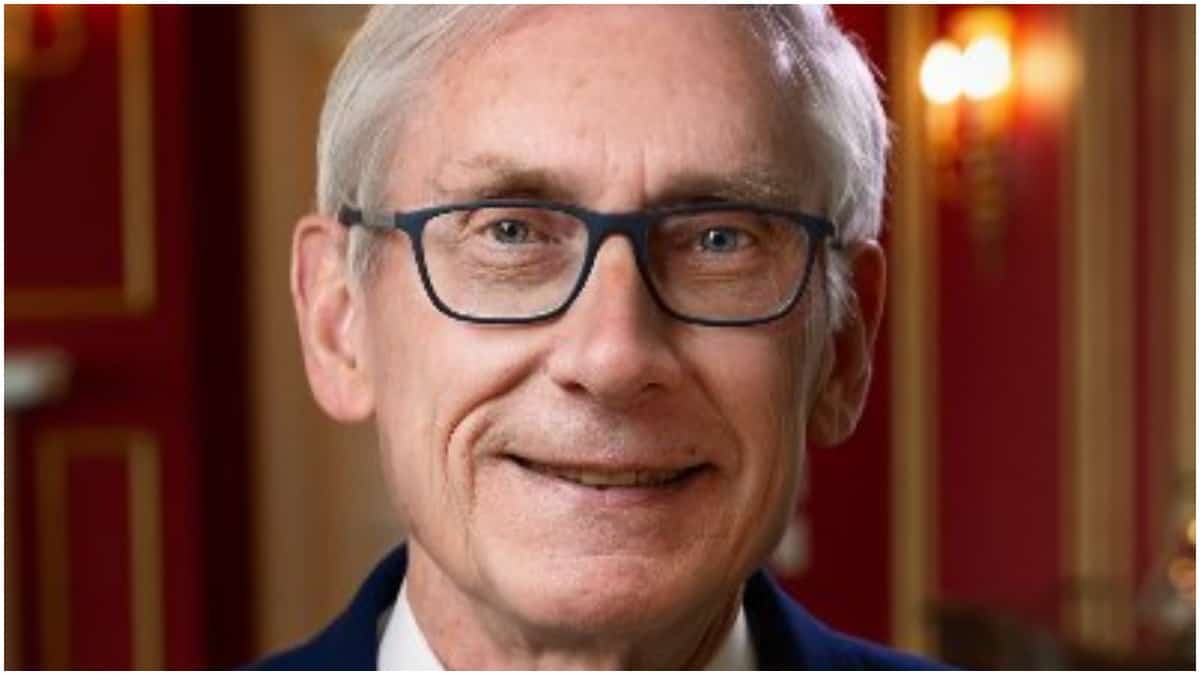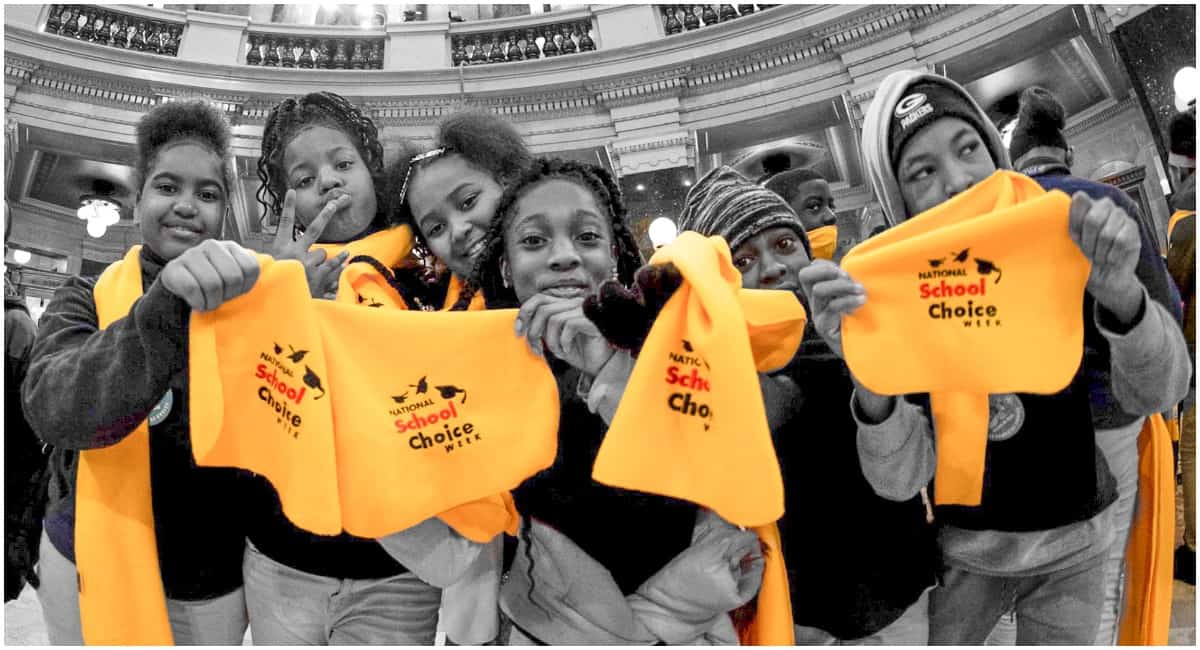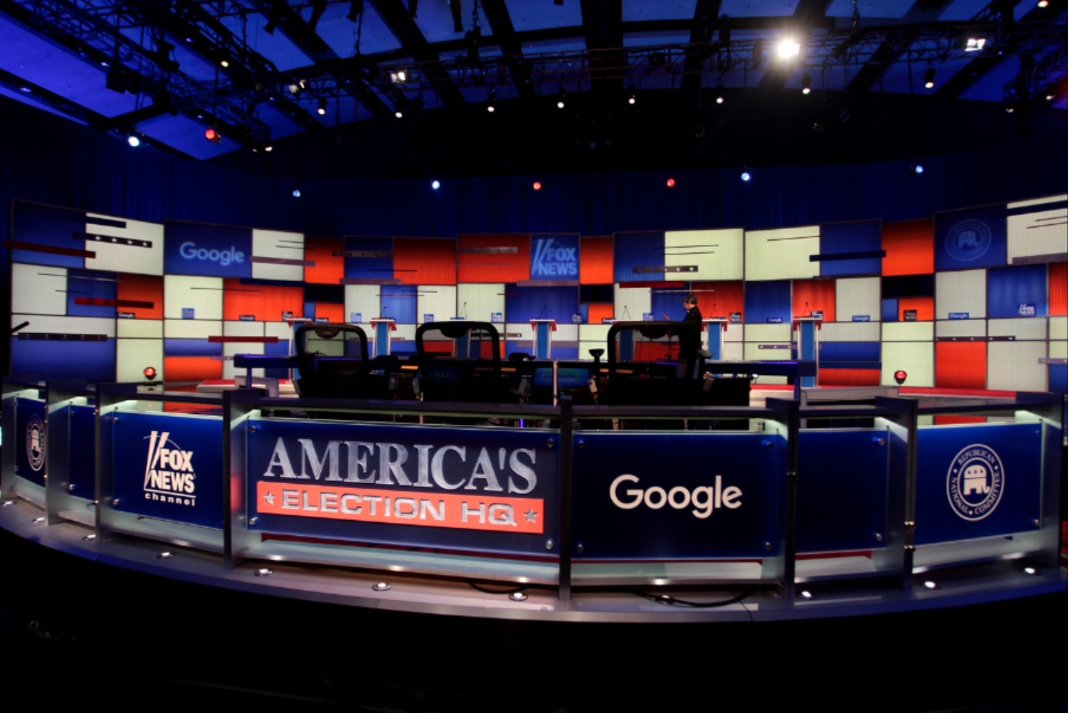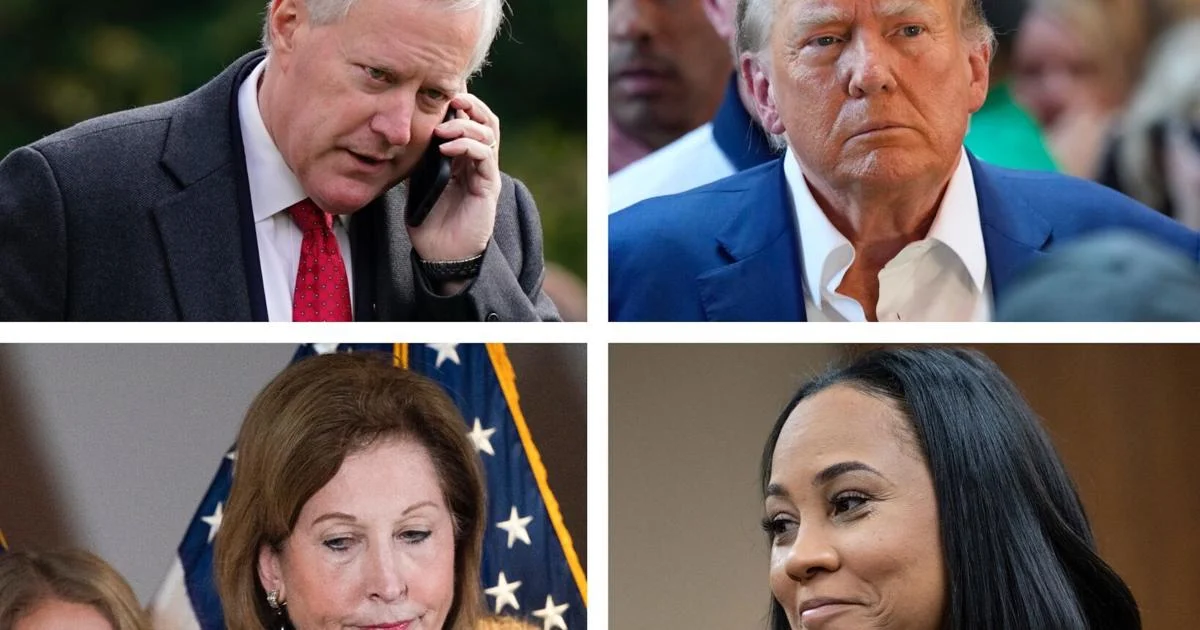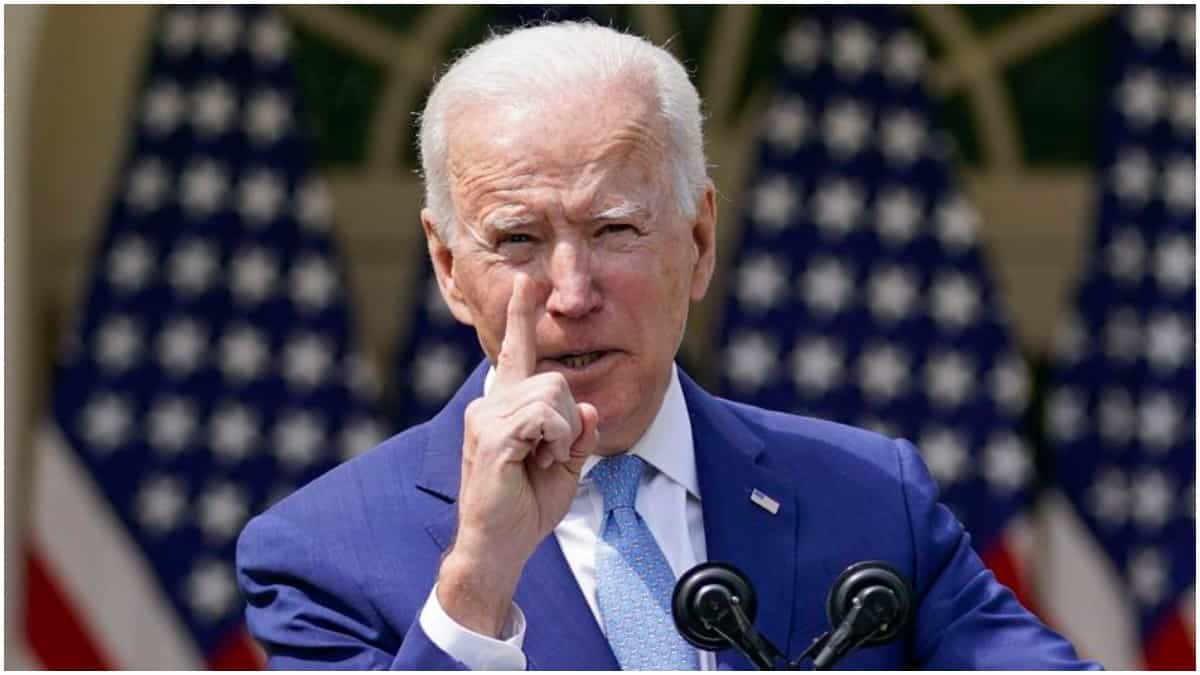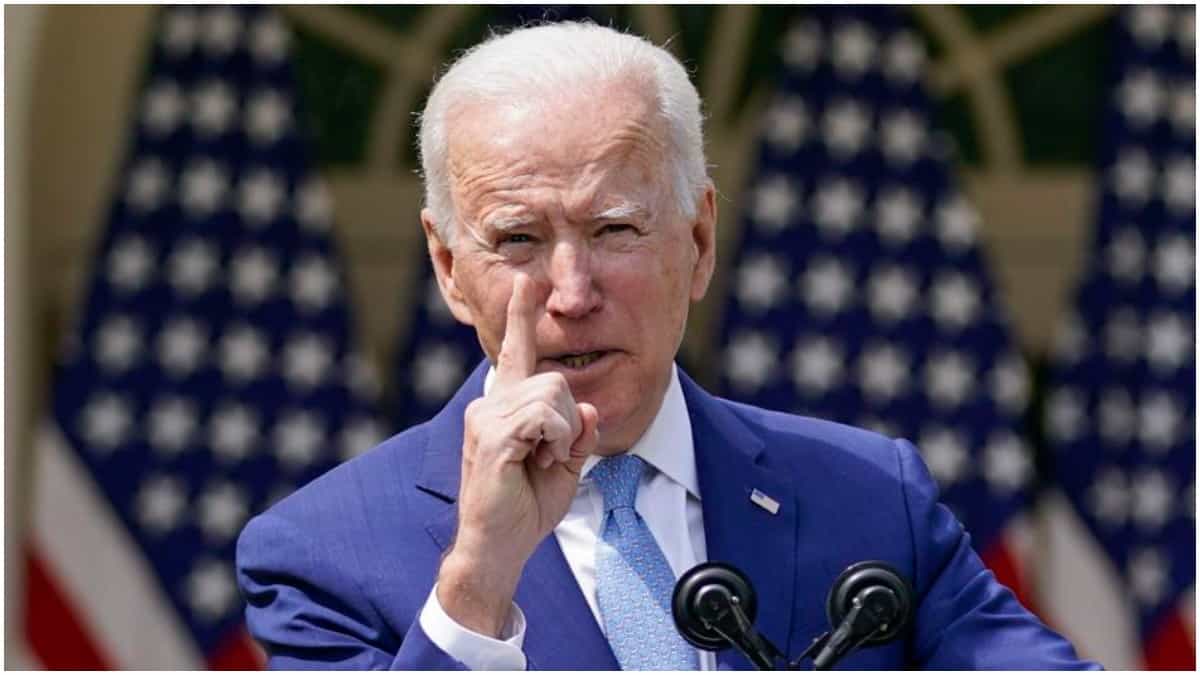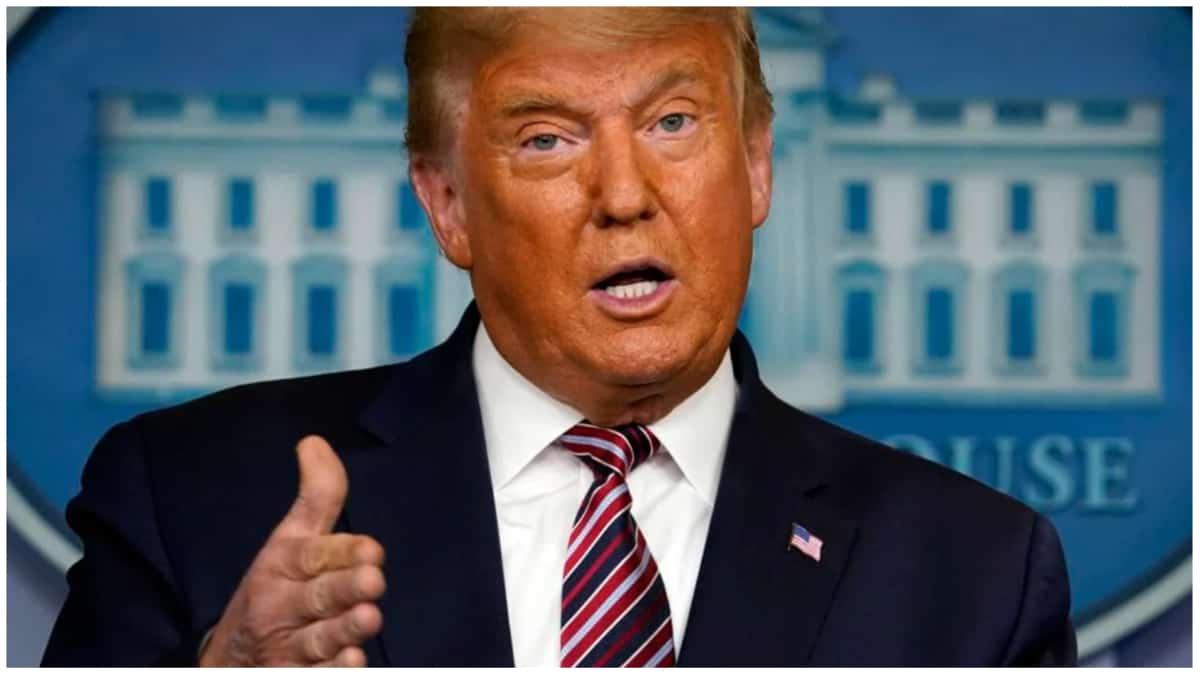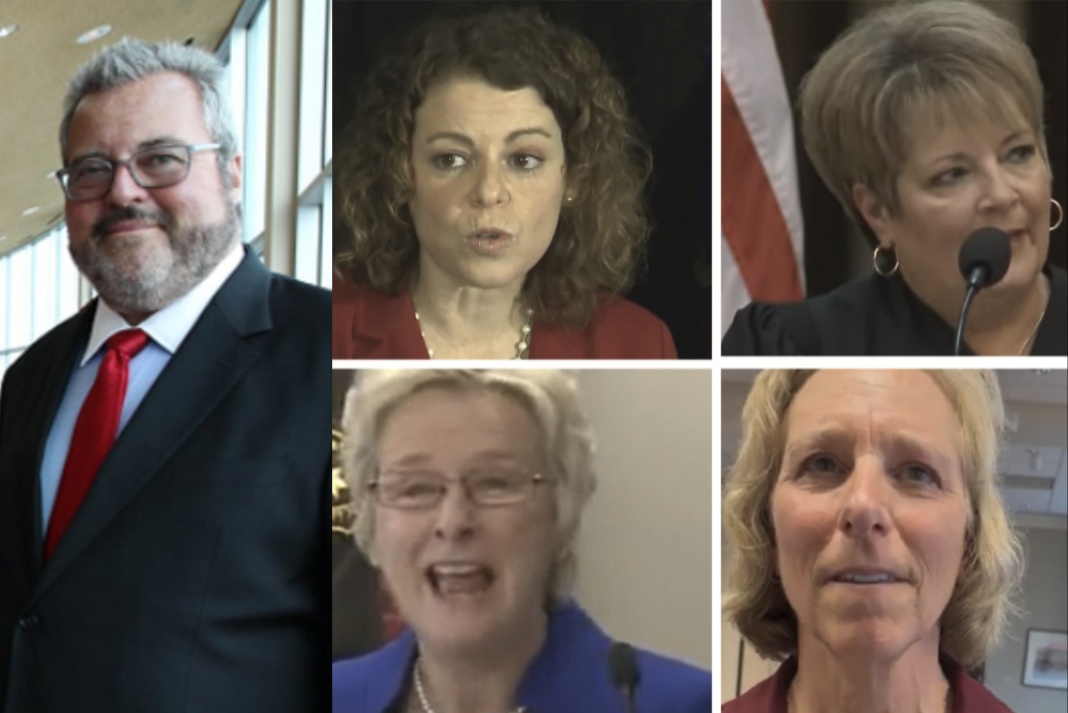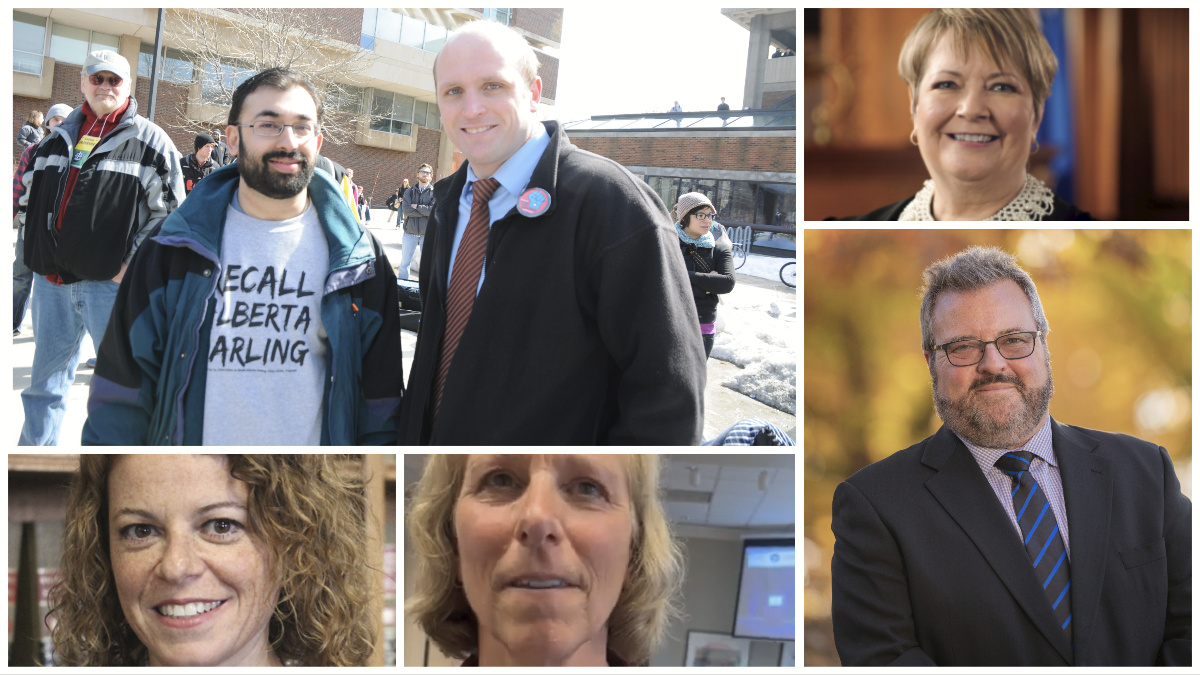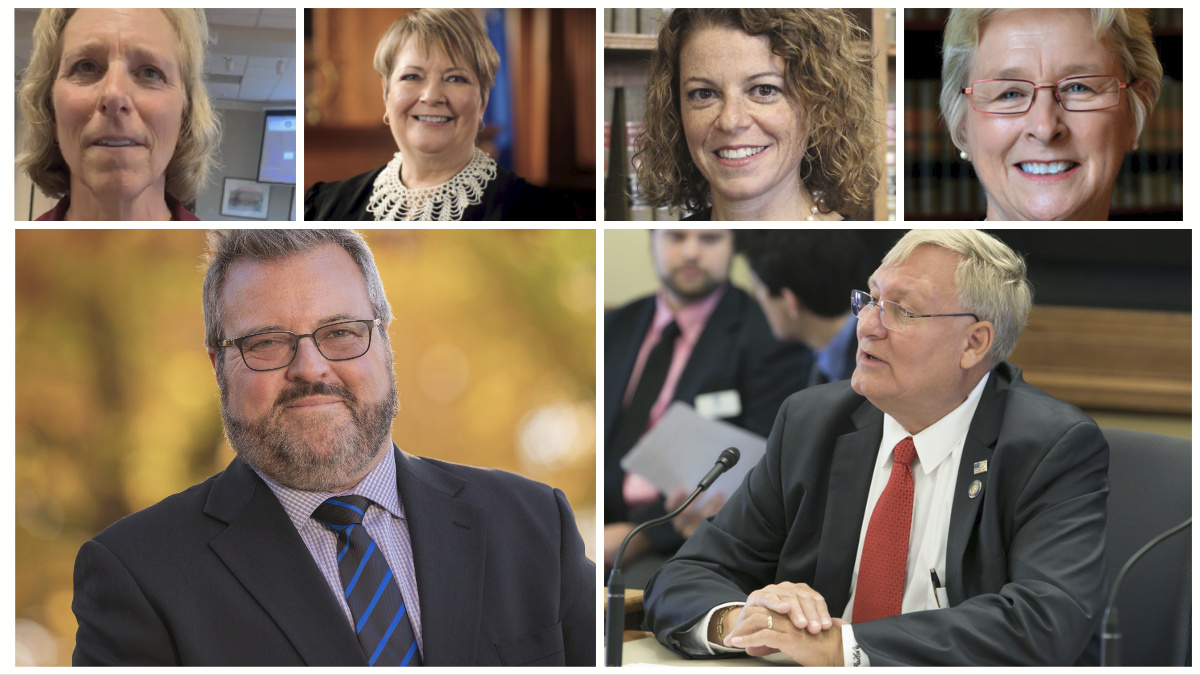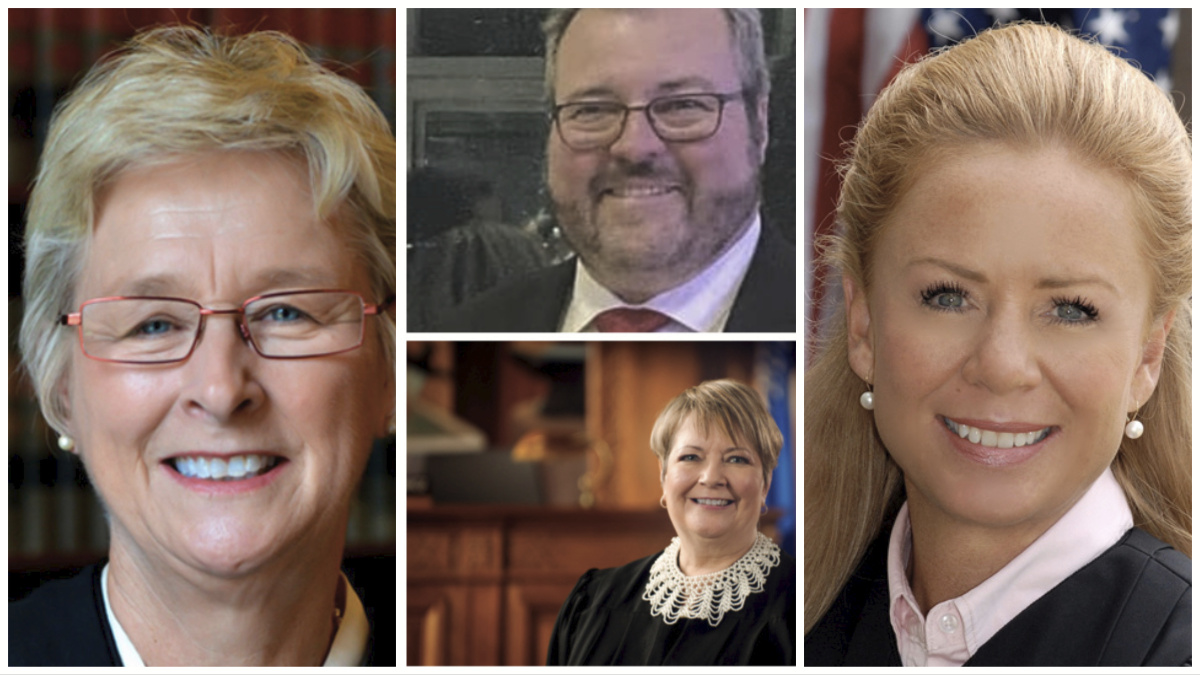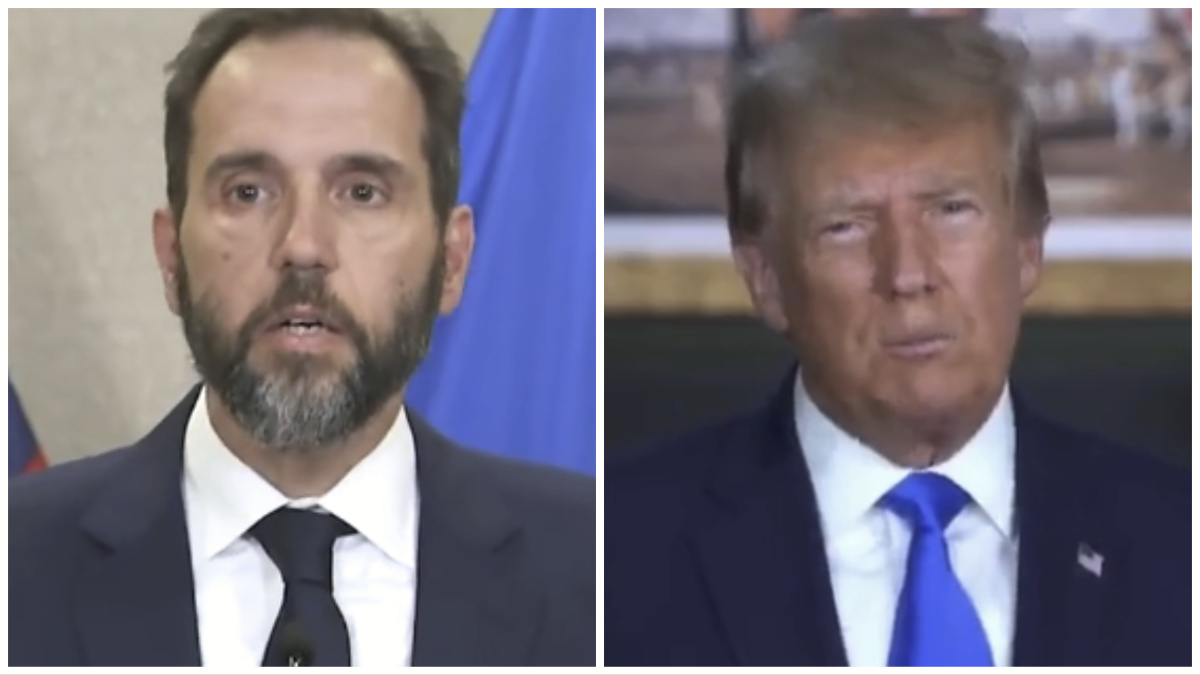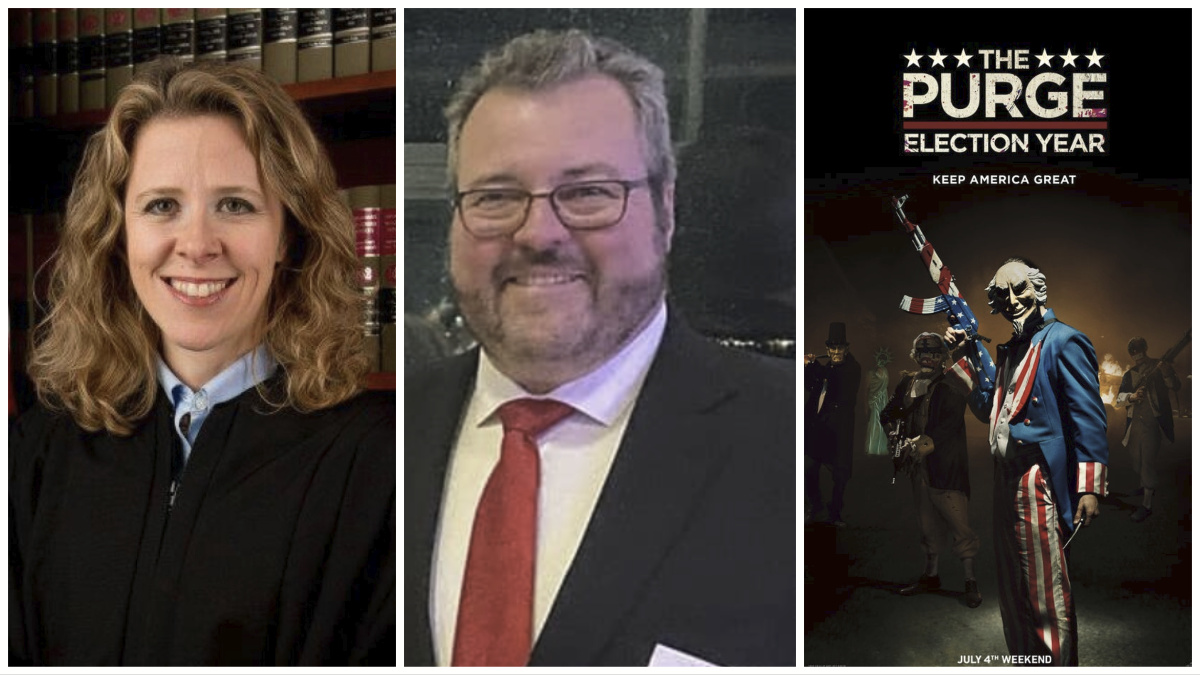Gov. Tony Evers hopes at least some of his budget makes Wisconsin’s final spending plan for the next two years.
Evers said during an appearance on Wisconsin Eye’s Newsmakers last Friday that he and the Republicans who control the budget-writing process have a new relationship after his reelection last November.
“We are in a position where it’s less contentious,” Evers said. “That doesn’t mean, necessarily, that there’s gonna be different outcomes. But there is a lot less anger. People understand that I’m going to be governor for at least the next four years.”
Wisconsin’s Republican budget chiefs, Rep. Mark Born, R-Beaver Dam, and Sen. Howard Marklein, R-Spring Green, last week said their relationship with the governor hasn’t changed.
“If you watched his State of the State Address or his Budget Address it was hard-left partisan rhetoric. If you look at his budget it’s the same bad idea, bad ideas, reckless spending,” Born said.
Gov. Evers is proposing the largest budget in Wisconsin history, $104 billion for two years.
Evers on Friday defended the record-spending.
“There are things that crop up that need to be addressed,” Evers explained. “You just can’t say ‘We’re not going to fund schools this year because we are going to take care of PFAS.'”
Republicans have already declared most of the governor’s budget dead on arrival.
But the governor did say there will be some agreement on some things. Namely the personal property replacement tax that Wisconsin’s businesses have fought against for years.
“We will [repeal the personal property tax]. The issue has always been we need to make sure that the municipalities and others that reap those taxes are held harmless,” Evers said.
Born and Marklein also hope to reach an agreement with Democrats on a stadium-funding deal for the Brewers, and a tax cut for families in Wisconsin.
Gov. Evers wants a tax cut too. He said he just wants a cut for different families in Wisconsin.
“It’s just my belief, and I think most people in Wisconsin understand, that tax cuts should be for the middle class,” Evers added. “And not the people who can afford it the most.”
The Republican-controlled, budget-writing Joint Finance Committee is meeting in private to gauge budget priorities. Budget listening sessions will come after that. The lawmakers will begin to actually write the new state spending plan after that.


